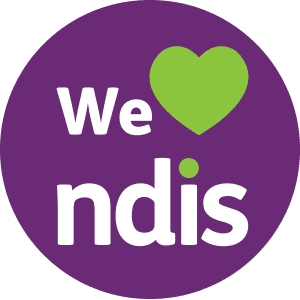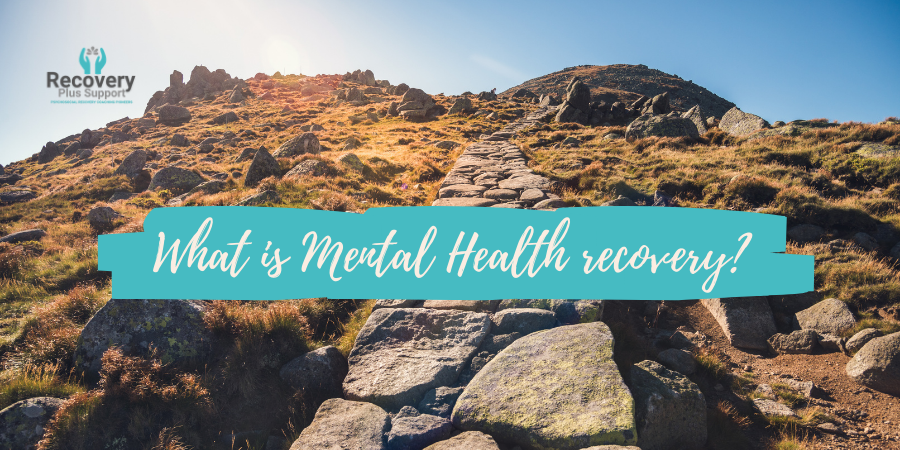In mental health, the one thing that everyone agrees upon is that there is no universally accepted definition of recovery. But what is universally accepted is that recovery in mental health is not a cure in the way that we might recover from a physical health problem.
The NDIA defines recovery as achieving an optimal state of personal, social, and emotional wellbeing, as defined by each individual while living with or recovering from a mental health condition. The most widely used definition of personal recovery in international policy in the English-speaking world comes from Bill Anthony who defined recovery as a deeply personal, unique process of changing one’s attitudes, values, feelings, goals, skills, and/or roles. It is a way of living a satisfying, hopeful, and contributing life even within the limitations caused by illness. Recovery involves adding new meaning and purpose in one’s life as one grows beyond the catastrophic effects of mental illness. Recovery is not a linear process and may not always refer to complete amelioration of symptoms and elimination of a particular dysfunction or disability. However, Recovery can and does occur as it leads to a transformation of one’s attitudes, values, goals, and skills on the pathway to wellness without or within the limitations resulting from the ailment. The best evidence of recovery occurring is provided through the lived experiences of people living and recovering from mental illness and from the evaluative data which gathered by support services collaborating with the participant. Recovery may be measured by the change evident between the reduction in frequency and duration of the debilitating symptoms. I like to think of recovery both as a process and as a journey.
The process part of recovery deals with identifying and setting of goals and the steps which will be taken to achieve their goals. This aspect of recovery will provide the participant with a manual to help establish their identity.
The journey part of recovery the demonstrated and the evidence-based progress made by the participant towards a full and satisfying life as identified by the participant, in their very own customised psychosocial recovery management strategy that is developed in collaboration with the recovery coach.






